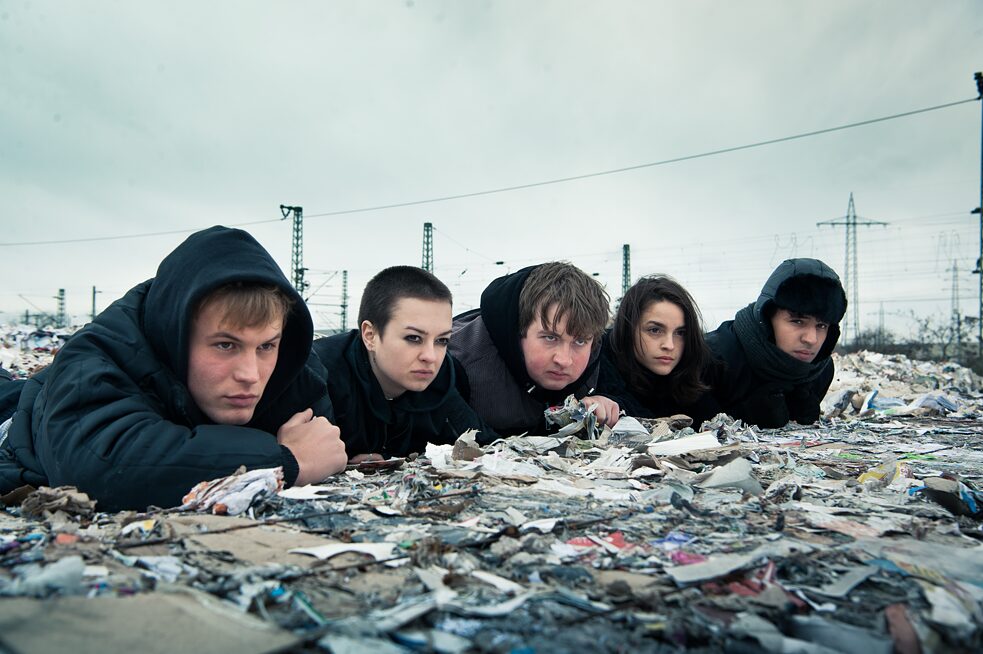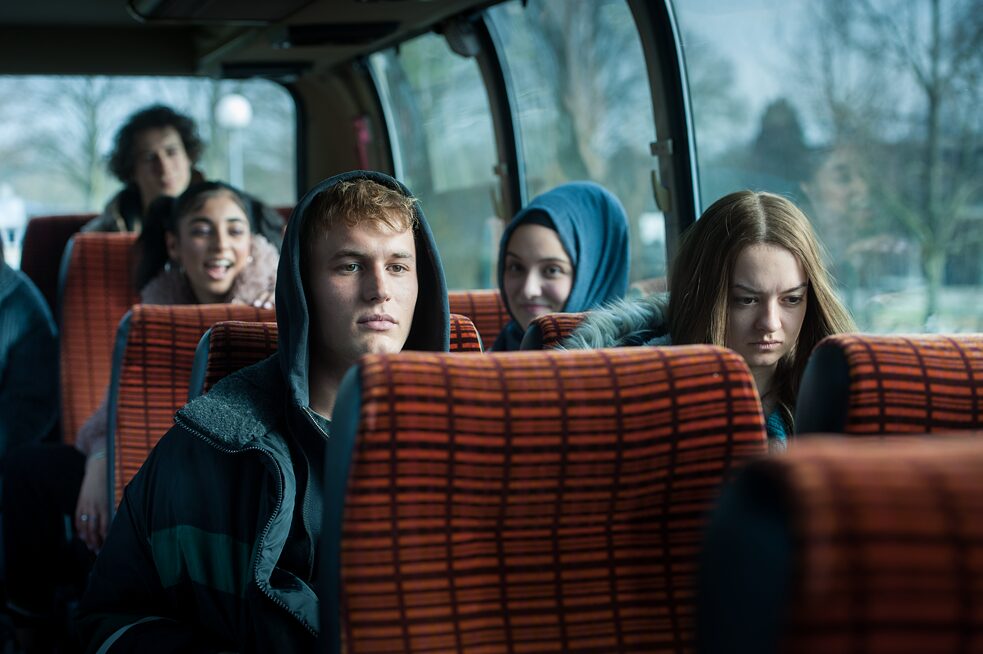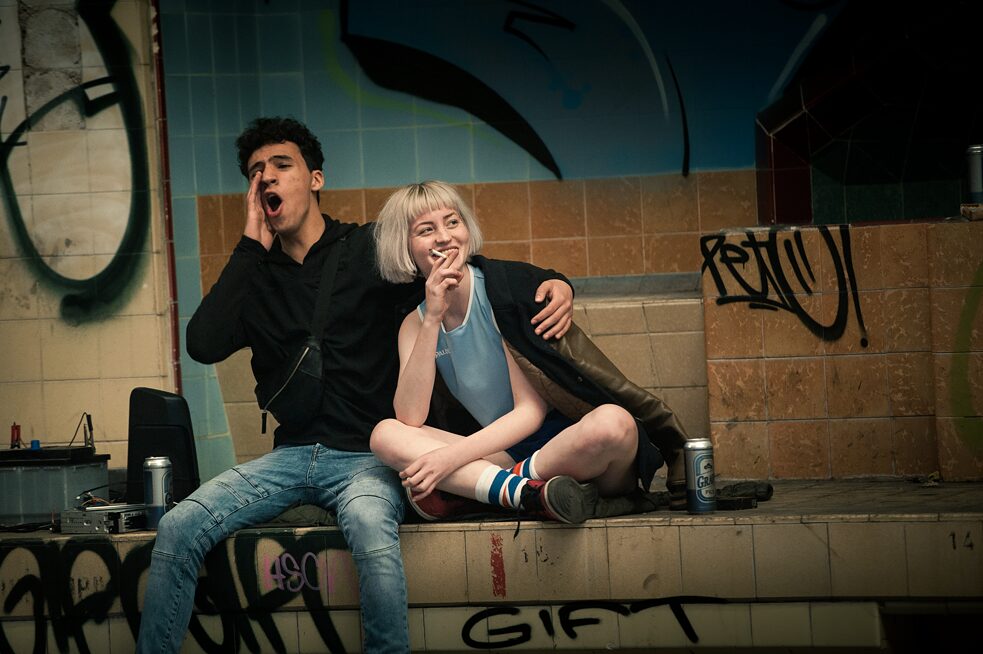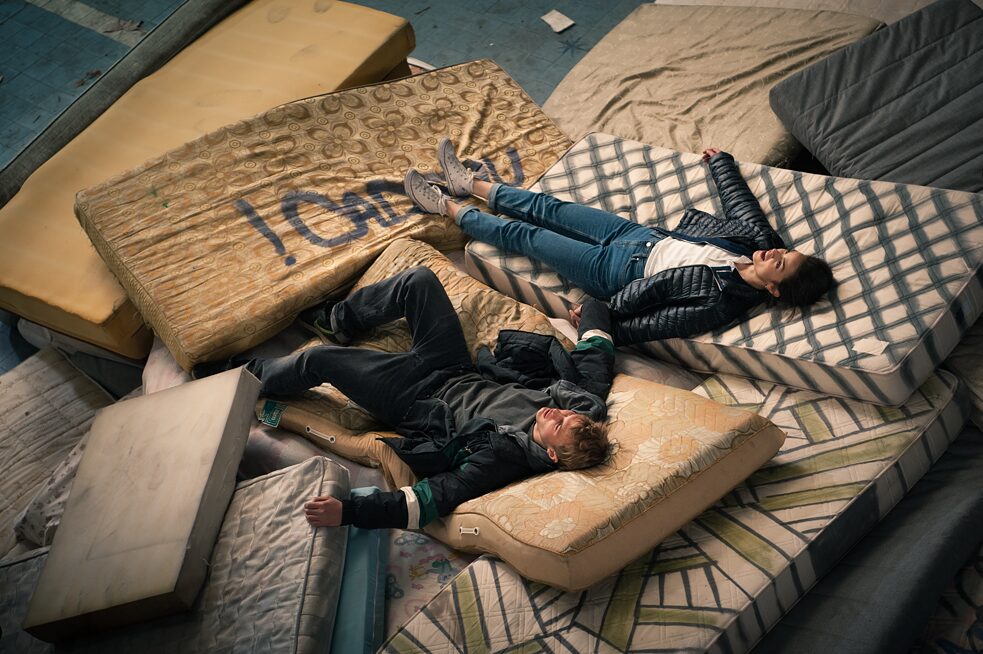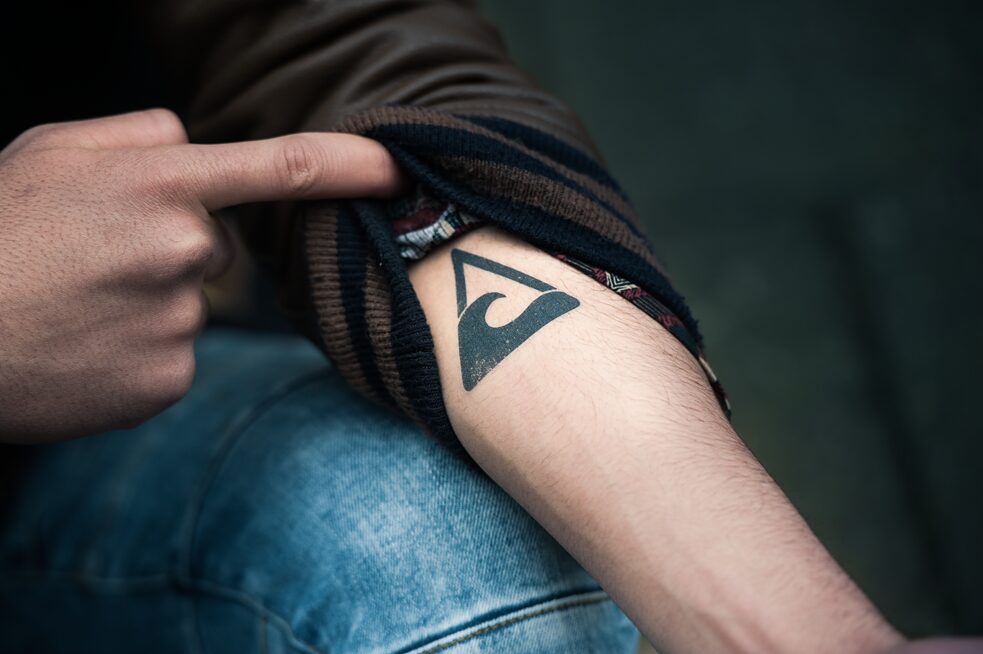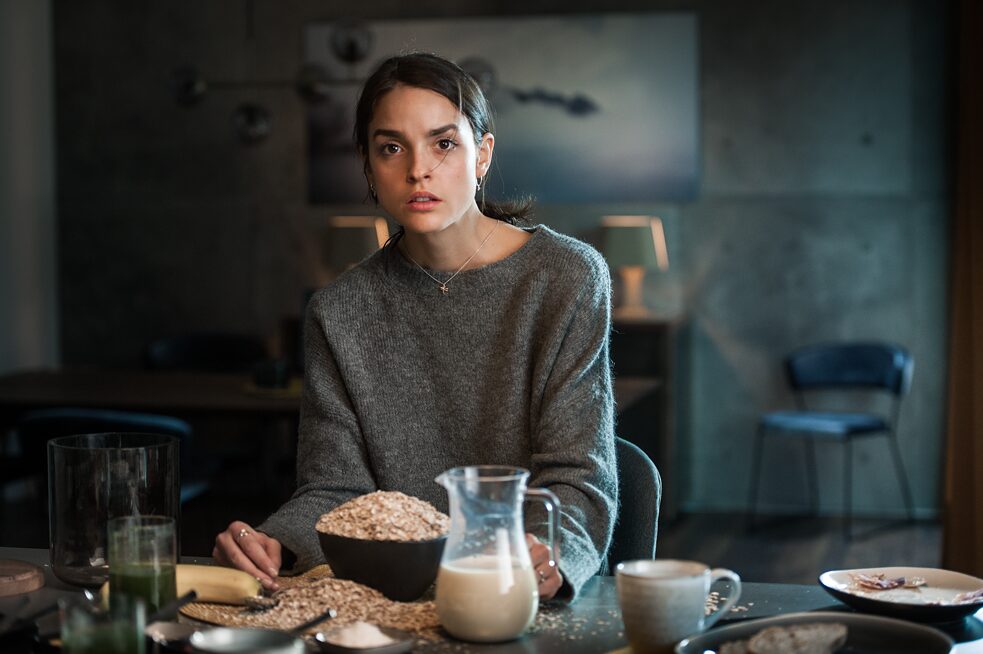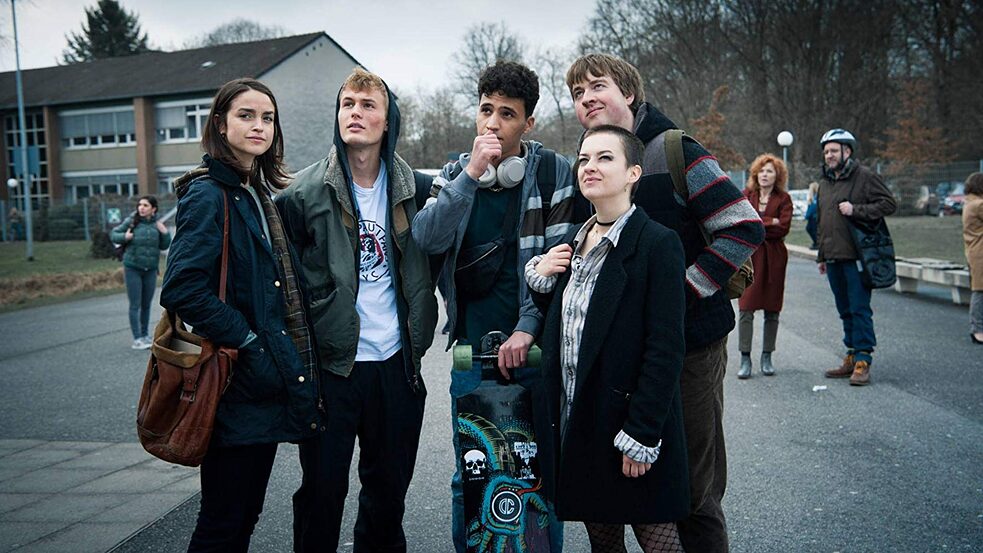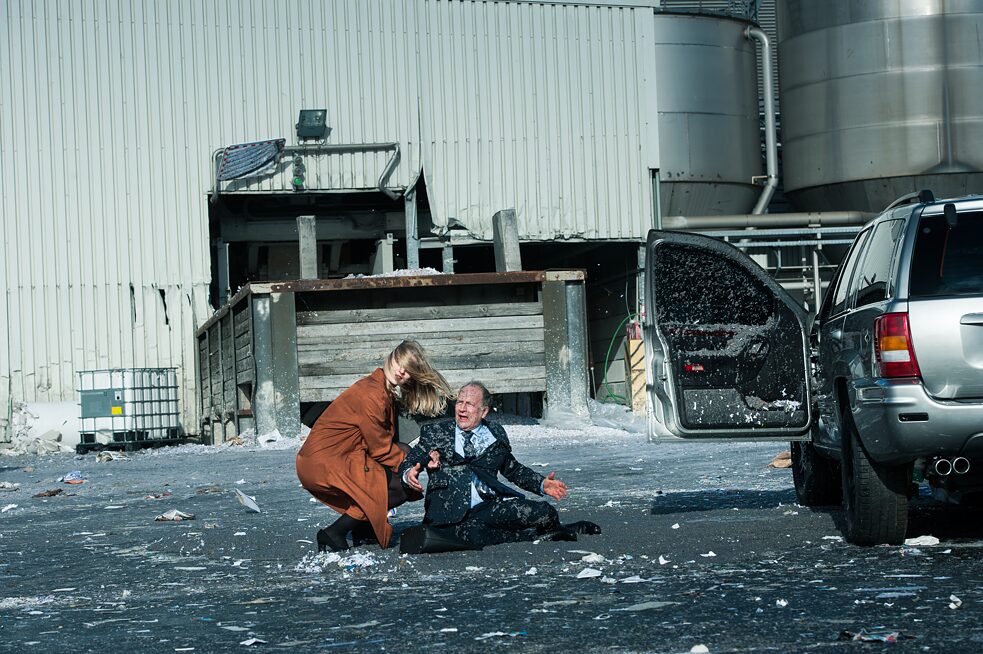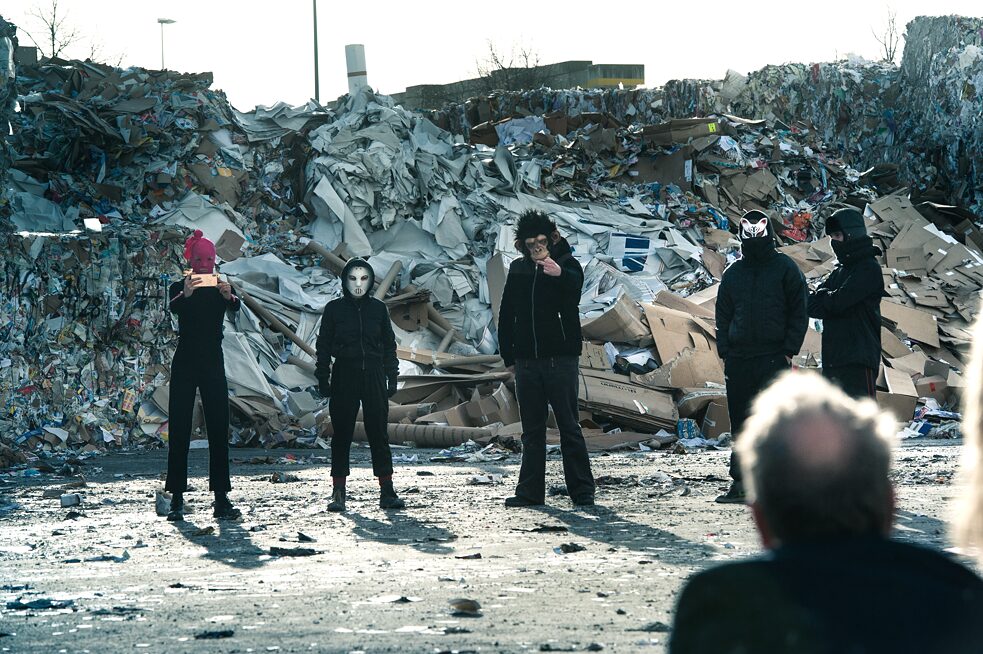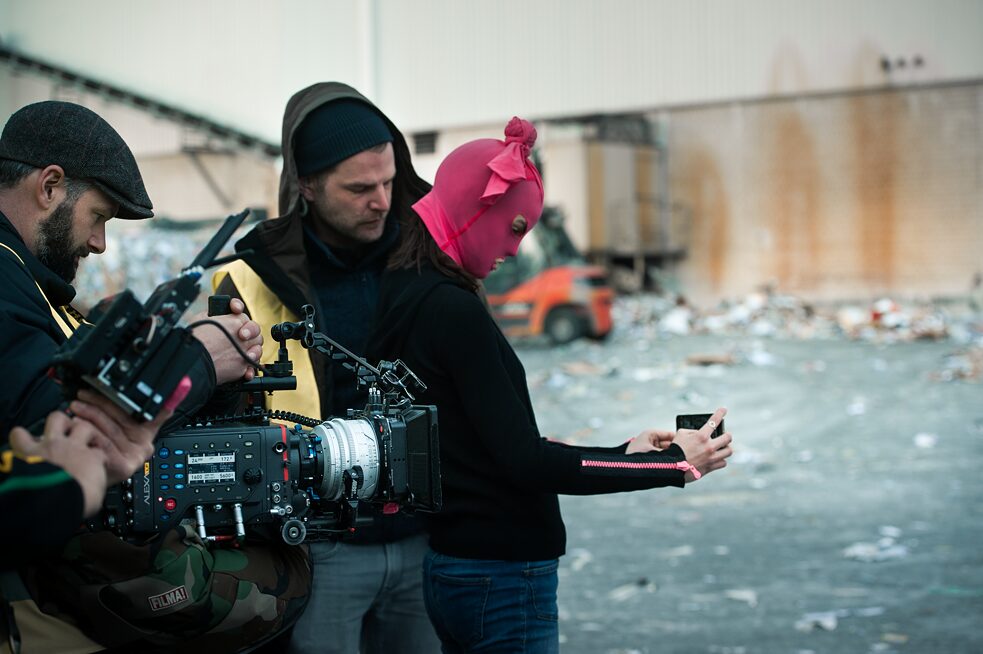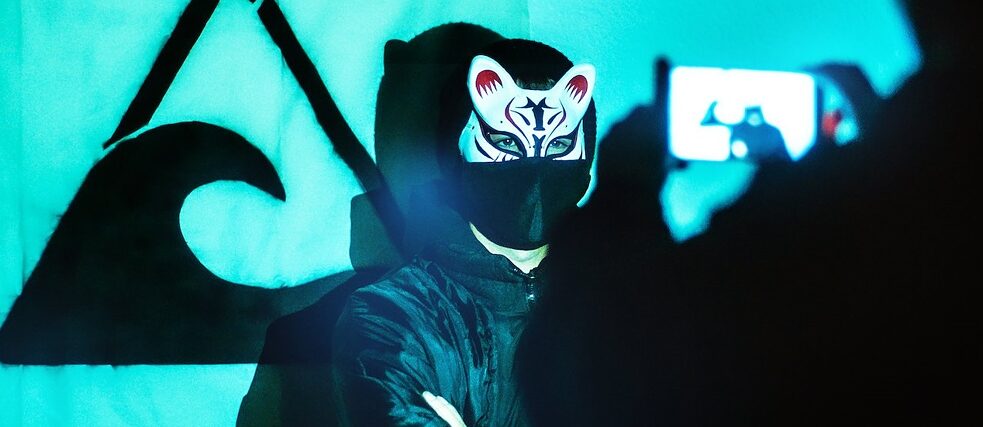German Series in India
“We Are The (Next) Wave”: Netflix series goes from Anti-fascist original to left-wing guerrillas
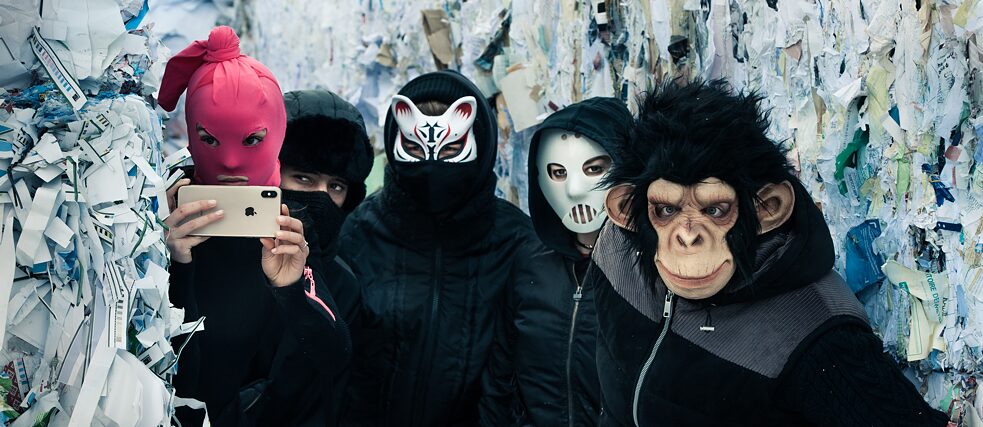
When the US streaming giant Netflix was launched in Germany, Austria, Switzerland, France, Belgium, and Luxemburg in 2014, it heavily relied on its catalog of standard American fare. But then came supernatural German hit thriller DARK in 2017 – Netflix's first very successful foray into milking the global content creation market—and they haven’t stopped maximizing this business model since, with crime show DOGS OF BERLIN (2018) or the popular coming-of-age dramedy HOW TO SELL DRUGS ONLINE – FAST (2019). With one of their latest German productions, the teen drama WE ARE THE WAVE, Netflix is going daringly political.
By Dilan Yildirim & Jutta Brendemühl
A group of teenagers dream of a better future. Their leader, a newcomer at school, recruits four friends to start a youth movement. But their ideas develop a dangerous momentum. The series is loosely based on the young adult novel “The Wave” by Morton Rhue, a story about an American history teacher who tries to explain to his high school students through a social experiment how a fascist regime evolves. In 2008, a German film after the same novel “Die Welle” was released, starring Jürgen Vogel eerily directed by Dennis Gansel, who would then go off to Hollywood. With WE ARE THE WAVE, Gansel is back as executive producer.
Same topic, different angle: Instead of students turning fascist, we meet a group of increasingly radicalized left-wing guerrillas – a provocative and risky decision in 2019 that sparked fierce debates on social media right after the teaser trailer was released. No wonder, considering Germany’s past and the fact that “mainstream” fascist movements, as well as right-wing terrorist attacks, are on the increase. During the 2017 federal election, the far-right party AfD (Alternative for Germany) took more than 12% of the vote and is now represented in all provincial parliaments. In the most recent provincial election, in the south-eastern state of Thuringia, the AfD came in second with 22%, barely 2% behind Merkel’s ruling conservatives and well before all other traditional democratic parties. THE WAVE in real life.
Thus, German weekly Die Zeit complained about bad timing for the new Netflix show: “There are enough arguments for telling a story about the radicalization of youth to the right. The producers and writers of WE ARE THE WAVE even picked the right book template.” Director Anca Miruna Lăzărescu countered: “Which topics are relevant today? Why are young people out on the streets protesting? Our ‘Wave’ focusses on the current youth movement, driven by idealism and a desire for change.” Co-director Mark Monheim added: ‘Wave’ is young, exciting, fast. For us, it was important to combine hyper-current discourse with exciting entertainment in this series format.“
In welcher Welt wollen wir leben? Und was wird passieren, wenn die Generation, die jetzt an der Macht ist, keinen Wandel herbeiführt?
The first episode of WE ARE THE WAVE starts with the arrival of a new mysterious high school student named Tristan (Ludwig Simon, one of a whole cast of fresh faces) in a fictional German city. He is good-looking, intelligent, plays the piano and casually speaks fluent Arabic. Too good to be true? With this kind of charisma, he makes friends in no time: Lea is rich but feels lost and unhappy; Zazie is being bullied by her classmates; Rahim is a victim of racism, and Hagen lost everything after the family farm was destroyed by waste from a paper mill. What unites these teenagers is their outsider status in a society that seems to be full of injustices. Together, they start to take action and organize protest campaigns against sexism, environmental pollution, capitalism, and racism. Contrary to what other critics feared, anti-fascism and left-wing extremism aren’t glorified either. The activists are merely depicted as a young and inexperienced group of teenagers who act in the heat of the moment without planning their political initiatives all the way through. Hence, the situation quickly gets out of hand. It isn’t until somebody actually gets hurt that the teenagers start reflecting on their actions. Eventually, everyone has to decide for themselves how far they would go for their ideals and whether the end justifies the means – including the viewers.
The series is produced by Rat Pack Filmproduktion in collaboration with Sony Pictures Film und Fernseh Produktion. The scripts are by Ipek Zübert, Kai Hafemeister and Thorsten Wettcke under the head-authorship of Jan Berger. The series is directed by Anca Miruna Lăzărescu and Mark Monheim. Executive Producer is Dennis Gansel.
Cast: Luise Befort as Lea Herst, Ludwig Simon as Tristan Broch, Michelle Barthel as Zazie, Daniel Friedl as Hagen, Mohamed Issa as Rahim.
Season 1: Six episodes at 48 - 54 min.
The original experiment was named "The Third Wave" and occurred at Cubberley Senior High School in Palo Alto, California, in March/April 1967. Teacher Ron Jones wrote a short story about the experience that was published in spring 1976. This was followed by a TV movie ("The Wave") by famed producer Norman Lear in October 1981. The subsequent 1981 book "The Wave" is a novelization of the Lear movie, and was written by Todd Strasser (aka Morton Rhue). This book is still widely read by students in schools throughout the world. In spring 2008, German director Dennis Gansel's popular film "Die Welle" set the story in a high school in present-day Germany. There have also been various Wave plays and musicals performed over the years, and a musical by original teacher Ron Jones debuted in March 2010, as well as his play "The Third Wave" in 2011. in 2010, original Third Wave class member Philip Neel's documentary of the original experiment, entitled "Lesson Plan", premiered at the Mill Valley Film Festival. The Netflix series is based loosely on the ideas in this material.
Source: http://www.thewavehome.com/
